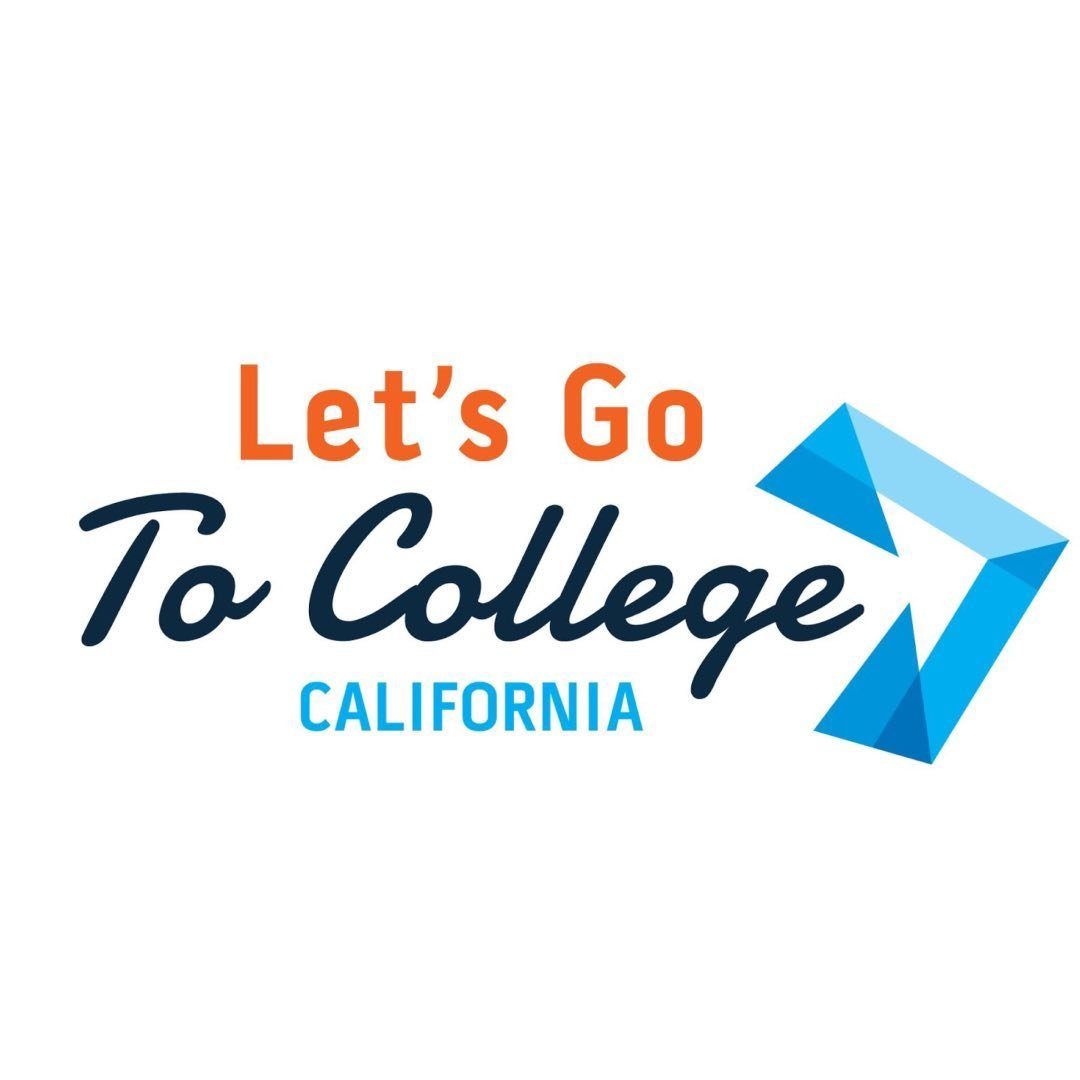
Advancing College Opportunity for Justice-Impacted Students
Building a strong prison-to-school pipeline is necessary as we continue fighting for equal access to higher education. As more institutions begin to diversify their student populations and highlight the several student identities that tend to overlap, there is still one group that is often left out of many significant conversations — those who have been negatively affected by the carceral system. Formerly incarcerated and justice-impacted students are often left feeling unwelcome in spaces of higher education because of the many barriers present for them. Barriers to college access include background checks and inadequate student services, leading to a decrease in retention rates amongst this student population. A justice-impacted student includes someone at risk of being incarcerated or who has been formerly incarcerated, someone who has been legally, economically, or familially affected in a negative way by the incarceration of a close relative; this also includes people who have been arrested, and/or convicted without incarceration.
While it is important to note that higher-ed institutions still have a lot to learn when it comes to serving justice-impacted students, there are current programs already in place dedicated to helping such students succeed. These programs are essential and vital to increasing retention rates amongst formerly incarcerated and justice-impacted students.
Here is a list of current programs available:
CC Level:
CA Community Colleges: Rising Scholars Network
To find further information on a specific Community College
use this program directory to learn more:
Rising Scholars Network Program Directory
CSU Level:
Currently, 14 CSU campuses have Project Rebound programs working with formerly incarcerated students. To find information on a specific college campus, scroll down to the bottom page
Cal State University: Project Rebound
UC Level:
Currently, there are 9 UC campuses that have the Underground Scholars Initiative working with formerly incarcerated scholars throughout the state. We have listed the main page to learn more about the program’s mission and history along with links to each UC chapter available across CA.
The Underground Scholars Initiative
Link to Join: https://callink.berkeley.edu/organization/usi
Facebook: facebook.com/undergroundscholars
Bruin Underground Scholars Program Website: https://undergroundscholars.ucla.edu/
Bruin Underground Scholars Program Email: undergroundscholars@saonet.ucla.edu
USI UCLA Student Org Email: undergroundscholars@gmail.com
Email: uciundergroundscholars@gmail.com
Facebook: USIatUCI
Website: https://highlanderlink.ucr.edu/organization/usi-ucr
Email: undergroundscholarsucr@gmail.com
Facebook: Underground Scholars Initiative, UCR
Twitter: @undergroundSch3
Email: undergroundscholars.sb.ucsb@gmail.com
Facebook: Underground Scholars Santa Barbara
Website: https://usiucsd.org/ and https://oasis.ucsd.edu/programs/USI-folder/index.html
Email: usi.ucsd@gmail.com
Website: https://undergroundscholars.ucsc.edu/
Email: undergrounducd@gmail.com
Facebook: https://www.facebook.com/undergrounducd
Linktree: https://linktr.ee/undergrounducd
Intake Form: https://docs.google.com/forms/d/1pFqOamyMuhhFuHCLeOO855quhtJTypWIuQTNuuFs_a8/viewform?edit_requested=true
Email: eramirez226@ucmerced.edu
Edith Ramirez, Underground Scholars Program Coordinator








